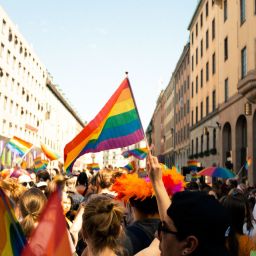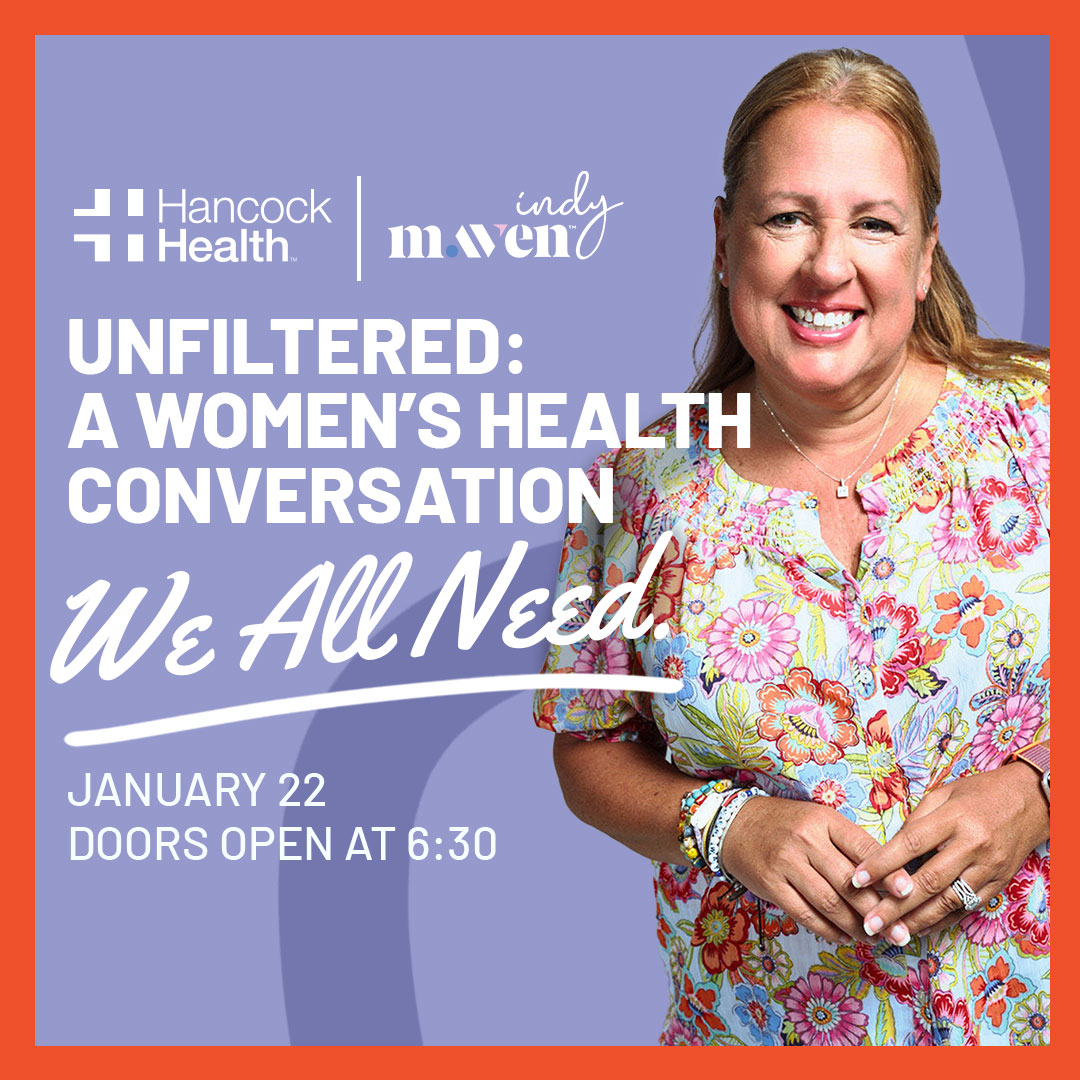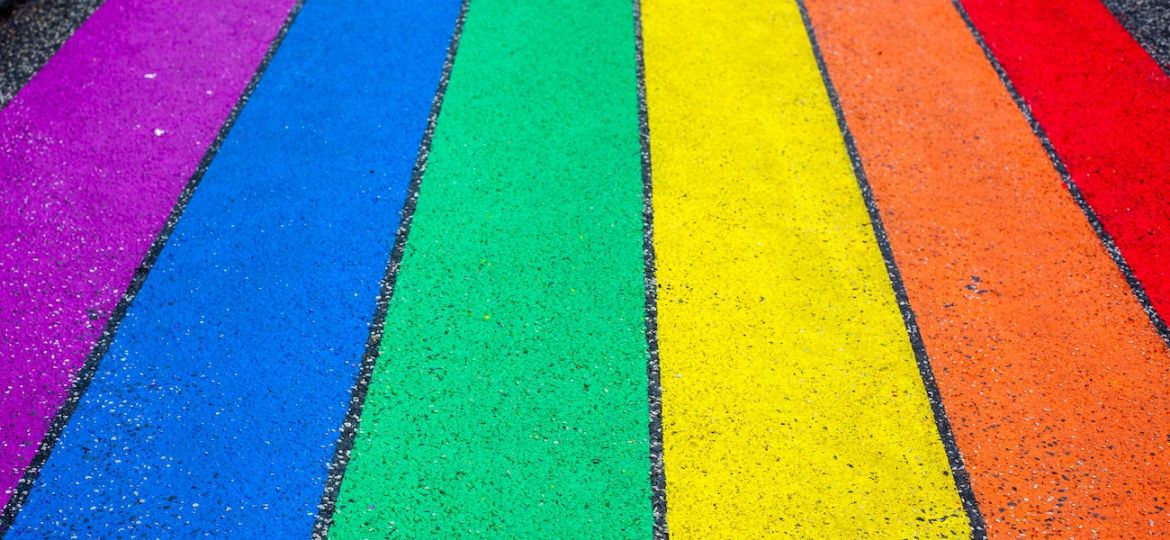
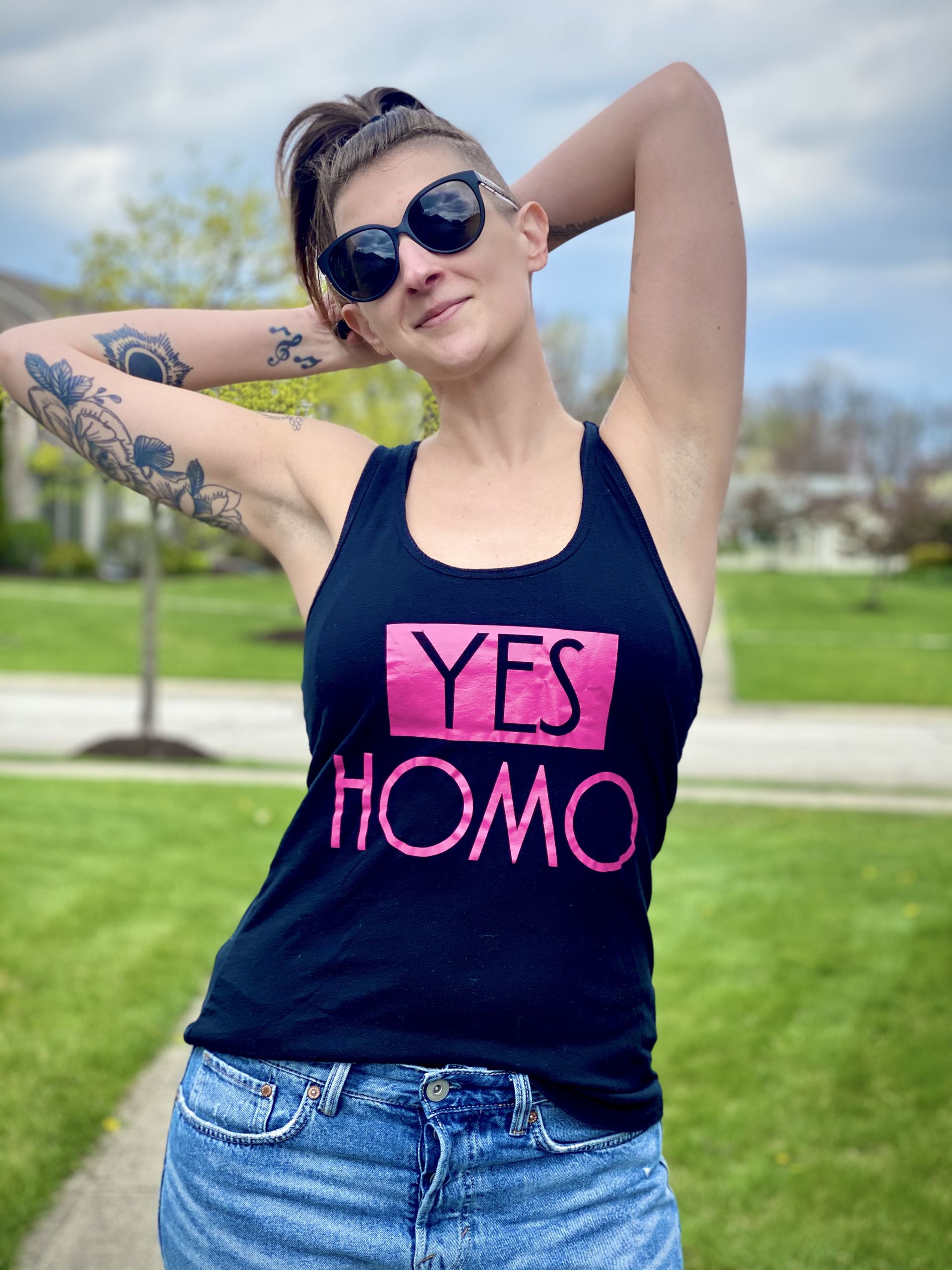 I grew up in a time before it was common for teenagers to be “out.” Sure there were whispers of suspected gayness here and there, but nothing concrete. While my friends dabbled in heterosexual relationships and sex, I remained fervently, albeit woefully, single.
I grew up in a time before it was common for teenagers to be “out.” Sure there were whispers of suspected gayness here and there, but nothing concrete. While my friends dabbled in heterosexual relationships and sex, I remained fervently, albeit woefully, single.
If I’d had the wherewithal at the time, I might’ve been able to identify my queerness much sooner than I did. I knew the way I felt toward a couple of my female friends over the years surpassed normal friendship, but I was terrified of being ostracized, so I made excuses for why I cared so much. None of them had anything to do with romance.
For a long time I didn’t understand I was gay, I simply thought I was a defective straight girl. I thought if I kept doing more personal development work, going to therapy, and focusing on being the best possible version of myself, I’d eventually meet the right guy. I had deeply internalized the heteronormative ideal and not being able to make it work left me feeling like a failure—like I was broken. I wanted so desperately to be “normal,” and didn’t understand why it wasn’t working for me.
In the queer community, we call this het lag—that is, growing up immersed in a culture of compulsory heterosexuality and acting under the misapprehension that you must be straight.
When I came out at the age of 29, very few people in my life knew it was coming and yet no one was all that 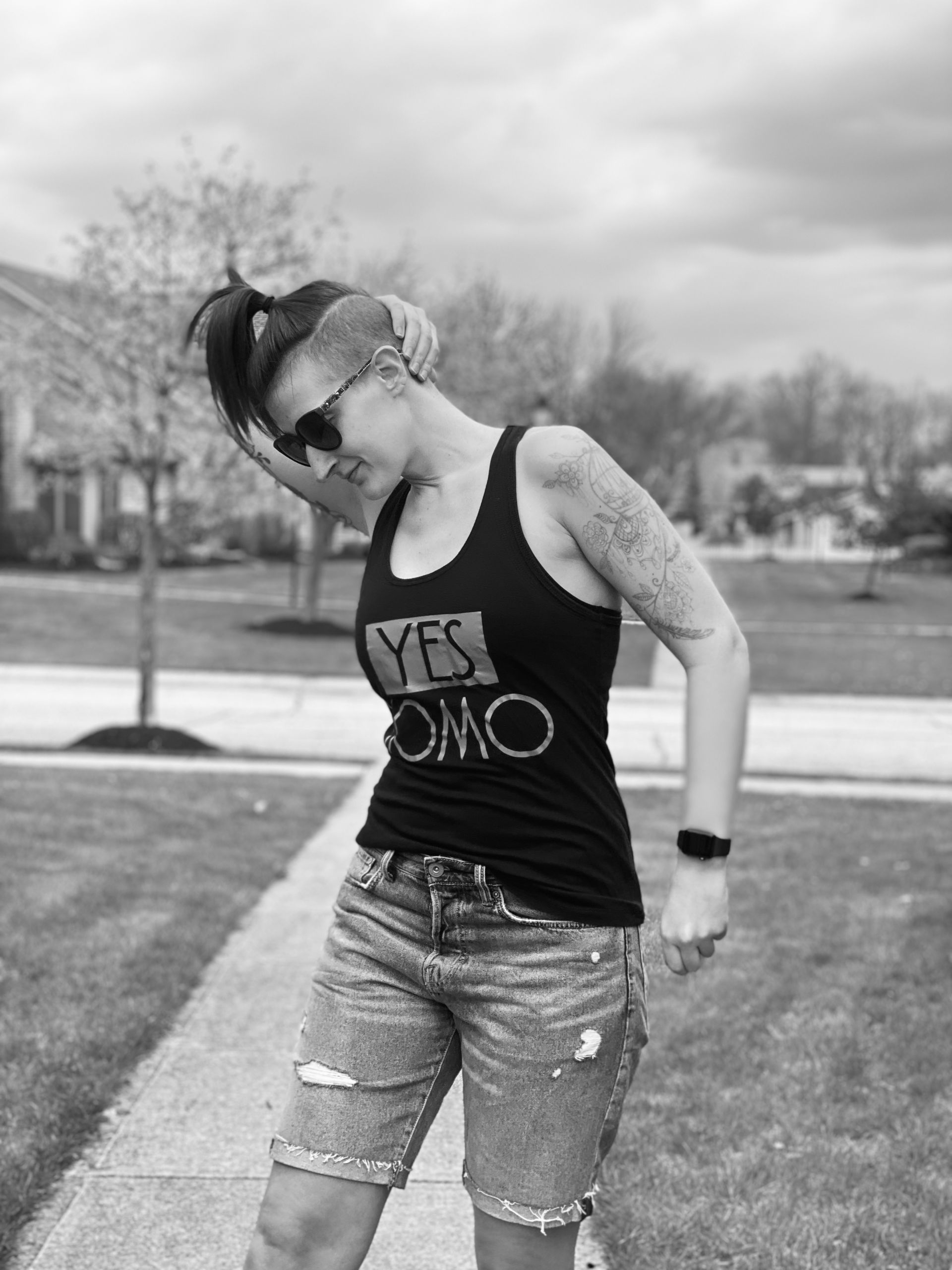 surprised. I didn’t grow up with a conservative family or friends so I didn’t need to worry about being cast out. I’m extremely lucky in that way. Waiting until I was 29 had everything to do with me needing to come to terms with myself. Internalized homophobia is a real thing.
surprised. I didn’t grow up with a conservative family or friends so I didn’t need to worry about being cast out. I’m extremely lucky in that way. Waiting until I was 29 had everything to do with me needing to come to terms with myself. Internalized homophobia is a real thing.
It was always okay for other people to be gay, but not for me. It terrified and saddened me to know my love would likely always be politicized. I knew there would always be people who wouldn’t honor or recognize the legitimacy of my future marriage and family. It was something I needed to come to terms with.
I had to make the choice between living a lie in order to fulfill some bullshit societal ideal, or living my truth and leaning fully into who I was created to be.
Coming out changed everything. It was about so much more than being able to openly date women. I finally stood fully and unapologetically in my truth for the first time in my life and it gave me a sense of empowerment I’d never felt before. That feeling poured over into every aspect of my life. Finding the courage to come out will always be one of the very best things I’ve ever done for myself.
Ronni Morgan is a freelance writer in Fort Wayne. You can follow her on Instagram at @ronnimorgan and follow her blog at www.thathipchic.com.
Keep up with all the Indy Pride happenings and programming at IndyPride.org and follow them on Instagram, Twitter, and Facebook.




